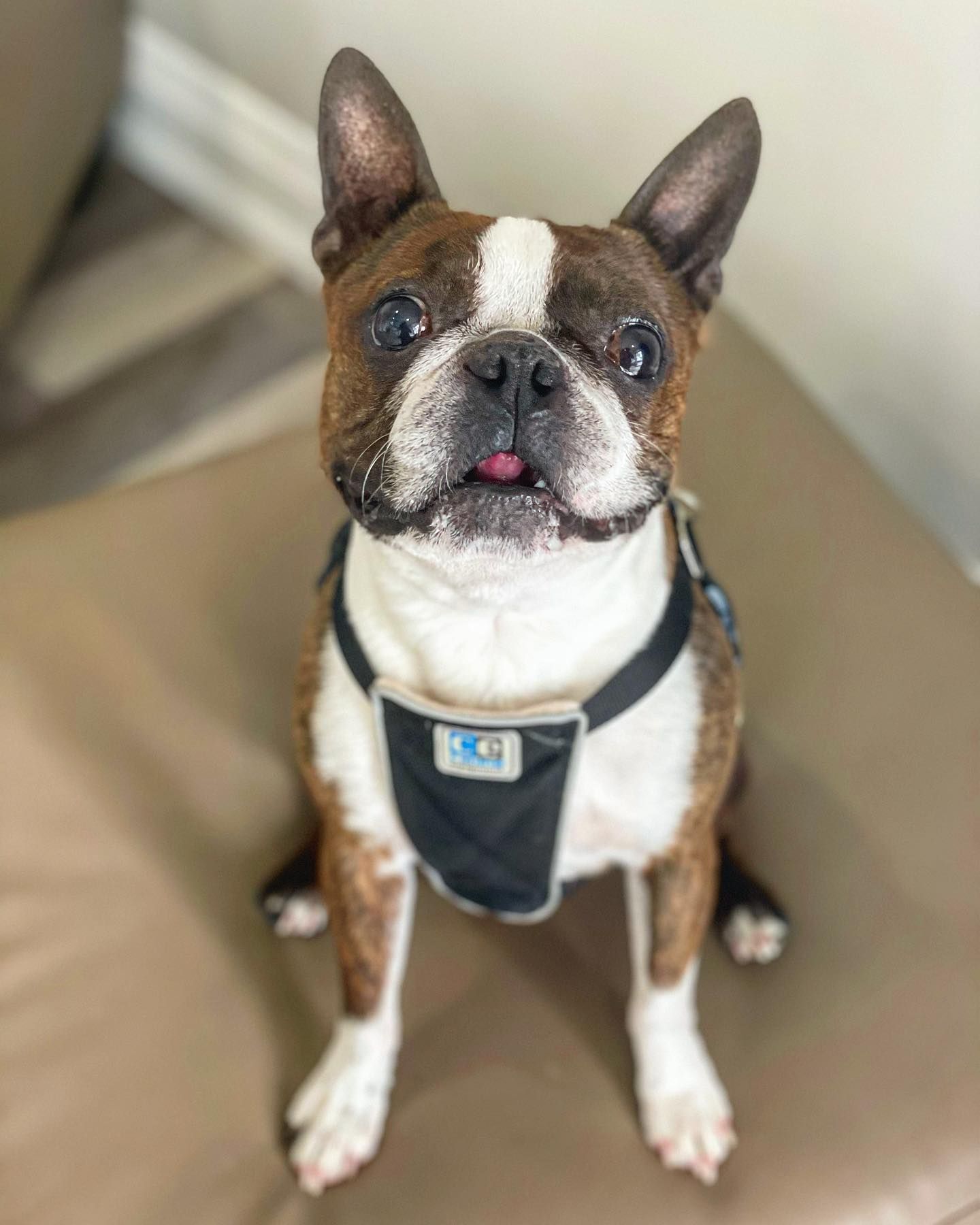Calling all Indoor Cats of Oakville. There is a new game to play!
Feed your cat like the tiger she really is.
- Entertain your cat
- Encourage your cat to exercise.
- Make your cat beg less for food.
- Improve some of your cat's antisocial behavior.
- Stop your cat from eating their food too quickly.
How does it work?
- Put food and some of your cat's favorite treats in the "trainer mouse" at bedtime. Remove the food bowl overnight so your cat can use the trainer in private. Once your cat gets the hang of the trainer, you can start using the actual mice!
- Measure out the recommended amount of food for your cat based on their weight and life stage.
- Fill the mice with the appropriate amount of food, remove the food bowl and put all three mice in its place.
- Once your cat has figured out how to eat from the mice. Start hiding the mice around the house. Start in easy to find places at first, then increase the difficult of the hiding spot as your cat becomes an expert hunter!
You can find these feeder mice at your local pet store.
THE BENEFITS OF HUNTING
(from Doc and Phoebe website)
PREVENT BAD BEHAVIOR
Cats redirect the hunting instinct into bad cat behavior. Exercising natural hunting instinct improves your cat’s mood and preserves your furniture.
SLEEP THROUGH THE NIGHT
Your cat will hunt for feeders at night, instead of hunting you!
STOP SCARF AND BARF
Your cat’s stomach is the size of a ping-pong ball. Hunting multiple small portions eliminates scarf and barf.
LITTER BOX SOLUTIONS
Cats show distress by peeing outside of the litterbox. Hunting feeders relieve stress and can eliminate this terrible problem.
WEIGHT MANAGEMENT
Portion Control + Exercise = Healthy Weight
PREVENT BOREDOM
Your cat will happily spend the day hunting, receiving much-needed exercise.
Visit the Doc and Phoebe website for more information.


Street Address : 1026 Speers Road
City : Oakville
State / Province : Ontario
Postal / Zip Code : L6L 2X4
HOURS
Monday: 9:00 am - 6:00 pm
Tuesday: 9:00 am - 6:00 pm
Wednesday: 9:00 am - 7:00 pm
Thursday: 9:00 am - 5:00 pm
Friday: 9:00 am - 5:00 pm
Saturday: Closed
Sunday: Closed
SERVICES
© Copyright 2024 - All Rights Reserved - Mac Animal Clinic | Cancellation Policy | MyPortal™


